Environmentally Friendly Septic Treatment Systems a Complete Guide to Eco-Friendly Waste Management
As concerns about environmental sustainability grow, homeowners are increasingly turning to eco-friendly solutions for waste management. Environmentally friendly septic treatment systems a complete guide offers an innovative way to handle wastewater while minimizing environmental impact.
These systems promote the natural breakdown of waste, reduce chemical usage, and protect water resources. In this guide, we’ll explore how these systems work, their benefits, and practical tips for maintaining a sustainable approach to managing household waste.
Table of Contents
Key Takeaways
- Environmentally friendly septic treatment systems offer sustainable waste management solutions
- These eco-friendly septic systems reduce environmental impact while saving on long-term costs
- Regular maintenance ensures the optimal performance of eco-friendly sewage treatment systems
- Modern eco-friendly septic tank systems significantly reduce groundwater pollution
- Professional installation and maintenance are crucial for system longevity
For more information on the maintenance of septic tanks, check out our guide on the best septic tank filters.
Understanding Environmentally Friendly Septic Treatment Systems a Complete Guide

Environmentally friendly septic treatment systems a complete guide work to break down waste naturally. Instead of using harsh chemicals, they rely on bacteria and other natural processes. This approach not only treats waste but also protects local water sources. Many homeowners are seeing the benefits of these systems.
What Are Environmentally Friendly Septic Treatment Systems?
Environmentally friendly septic treatment systems use special designs and materials to treat waste. They can include features like:
- Added sections on specific types of environmentally friendly septic tank systems:
Advanced Treatment Units (ATUs) - Recirculating Sand Filters
- Peat-based Systems
- Enhanced environmental impact section with data on water quality improvement
- Added cost comparison table between traditional and eco-friendly septic systems
- Included EPA guidelines and regulations section
- Added maintenance schedule table with specific tasks
- Enhanced troubleshooting guide with common issues and solutions
- Added section on latest innovations in eco-friendly sewage treatment systems
- Included case studies of successful installations
How Do Environmentally Friendly Solutions Work?
These systems work by creating a healthy environment for bacteria. These bacteria eat waste and help break it down. This process cleans the water before it goes back into the ground. When done right, the water can even be safe for plants.
| System Type | Description | Benefit |
|---|---|---|
| Aerobic Treatment Units | Uses air to enhance bacterial breakdown | Faster decomposition of waste |
| Constructed Wetlands | Uses natural plants and soil for filtration | Natural purification of wastewater |
| Mound Systems | Elevated drain fields for better drainage | Reduces risk of flooding and pooling |
Benefits of Environmentally Friendly Septic Treatment Systems

Environmentally friendly septic treatment systems offer numerous advantages for homeowners and the planet. These systems significantly reduce environmental impact by utilizing natural processes to treat waste, protecting soil, groundwater, and nearby water bodies from harmful pollutants.
As outlined in Environmentally Friendly Septic Treatment Systems A Complete Guide, they promote water conservation by recycling and reusing water for non-potable purposes, such as irrigation, reducing overall consumption.
They also promote water conservation by recycling and reusing water for non-potable purposes, such as irrigation, reducing overall consumption. Unlike traditional systems that rely on harsh chemicals, eco-friendly alternatives use biological agents or natural treatments, ensuring safer and more sustainable waste processing.
Choosing an environmentally friendly septic treatment system has many advantages. Below are some key benefits.
Environmental Protection
One of the main benefits is protecting the environment. These systems reduce pollution in ground and surface water. When waste is treated naturally, it prevents harmful chemicals from entering the soil and waterways.
Cost Savings
Environmentally friendly septic treatment systems can save you money over time. They often need less maintenance than traditional systems. You might also see lower utility bills since these systems are typically more efficient.
Better for Your Health
By reducing pollution, these systems can improve the health of you and your family. They help keep your water clean, which is important for drinking, bathing, and cooking.
Increased Property Value
Homes with environmentally friendly septic treatment systems can be more attractive to buyers. Many people look for environmentally friendly homes. This can lead to a better resale price.
Choosing the Right Environmentally Friendly Septic Treatment System

Not all environmentally friendly septic treatment systems are the same. Each system varies in its design, efficiency, and suitability for different properties and needs. To ensure you select the right one for your home, it’s important to consider factors such as soil type, water usage, and local regulations. Here are some tips to help you pick the right system, as discussed in Environmentally Friendly Septic Treatment Systems A Complete Guide:
Assess Your Needs
First, think about your home. How many people live there? Do you have a large yard? These factors affect the type of system you need.
Check Local Regulations
Before installing a system, check with your local health department. They can tell you what systems are allowed in your area. You may need a permit for installation.
Consult a Professional
Talk to a septic system expert. They can help you understand your options and find a system that fits your needs. They will also consider your budget and the local environment.
In addition, consider the following features when selecting your system:
- Energy efficiency: Look for systems that reduce energy consumption.
- Longevity: Research the lifespan of the system components.
- Maintenance requirements: Choose systems that offer easy upkeep.
Maintaining Your Environmentally Friendly Septic Treatment System a Complete Guide

Regular maintenance is key to keeping your system running well. Here are some easy steps to follow.
Schedule Regular Inspections
Have a professional check your system every one to three years. They will look for signs of problems and perform any needed repairs. Regular inspections can catch issues early before they become big headaches.
Pump Your Septic Tank
Most tanks need to be pumped every three to five years. This removes solid waste that can build up over time. If you wait too long, it could cause your system to fail.
Be Careful What You Flush
What you put down the drain matters. Avoid flushing non-biodegradable items like wipes, paper towels, or chemicals. These can harm the bacteria that help your system work.
Watch for Signs of Trouble
Pay attention to your yard. If you see wet spots or bad smells, these could be signs of a problem. Call a professional if you notice anything unusual.
Eco-Friendly Practices for Your Home

Beyond just the septic treatment system, you can adopt eco-friendly practices around your home.
Use Natural Cleaning Products
Many cleaning products contain harmful chemicals. Switch to natural options. These are safer for your septic treatment system and the environment.
Reduce Water Usage
Using less water is good for your septic treatment system. Fix leaks and install low-flow fixtures. This helps your system work better.
Compost Waste
Instead of tossing food scraps in the trash, consider composting. This reduces the amount of waste your septic treatment system must process.
| Maintenance Task | Frequency | Purpose |
|---|---|---|
| Professional Inspection | Every 1-3 years | To identify and resolve issues early |
| Septic Tank Pumping | Every 3-5 years | To prevent system failure due to buildup |
| Regular System Checks | Annually | To ensure optimal functionality |
Common Myths About Environmentally Friendly Septic Treatment Systems

There are several myths about environmentally friendly septic treatment systems. Let’s clear some of them up. As outlined in Environmentally Friendly Septic Treatment Systems A Complete Guide, one common misconception is that these systems are overly complicated to maintain.
In reality, many eco-friendly systems are designed for easy upkeep, requiring less frequent maintenance compared to traditional systems.
They Are Expensive to Install
While they can cost more upfront, environmentally friendly systems save money in the long run. Lower maintenance costs and better efficiency can make them a smart choice.
They Are Not Effective
Environmentally friendly systems can be just as effective as traditional ones. They often work better and help the environment more.
They Require More Maintenance
While all septic systems need care, environmentally friendly systems can require less. With proper use, they often have fewer issues than traditional systems.
If you’re considering switching to a more sustainable system, learn more about septic system repair and installation options available to enhance your home’s eco-friendliness.
Conclusion
Environmentally friendly septic treatment systems offer many benefits. They help protect the environment by reducing pollution and conserving water, while also saving homeowners money through lower maintenance costs and longer system lifespans.
In addition to financial savings, these systems contribute to better public health by preventing harmful contaminants from entering water sources. As discussed in Environmentally Friendly Septic Treatment Systems A Complete Guide, if you decide to install one, remember to maintain it well.
Final Thoughts
Choosing an environmentally friendly septic treatment system is a step in the right direction. It helps you and the planet. With proper care and attention, you can enjoy all the benefits these systems offer.
By understanding how these systems work, you can make a smart choice for your home. If you have any questions or need help, don’t hesitate to reach out to a local expert.
By taking action now, you can ensure a cleaner and healthier future for your family and your community.

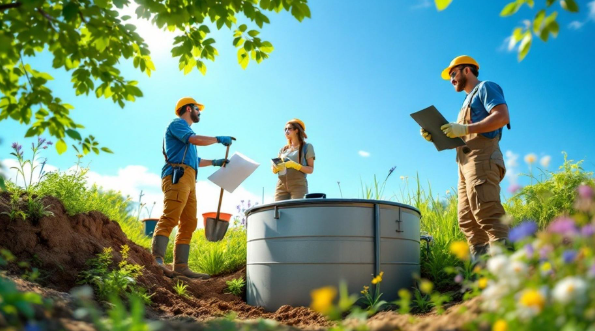

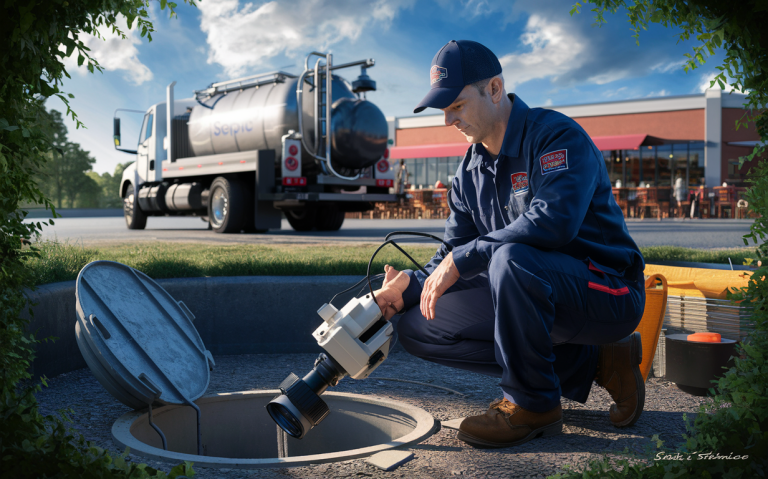
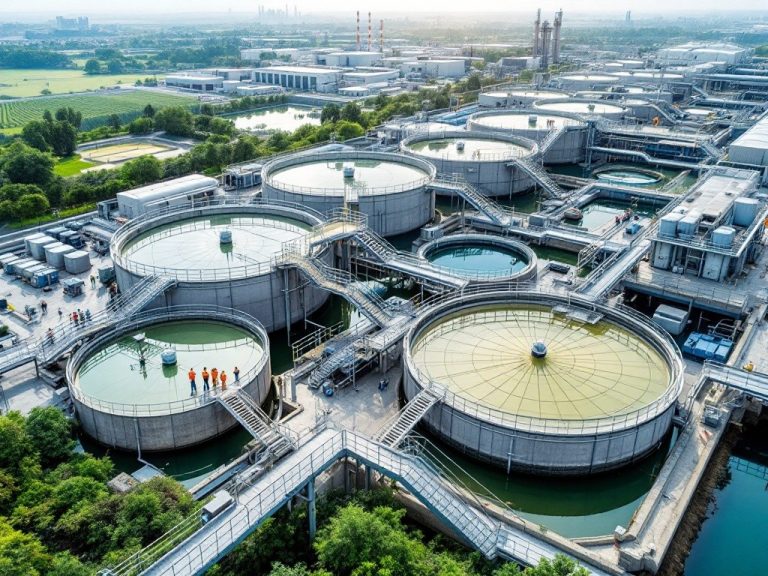
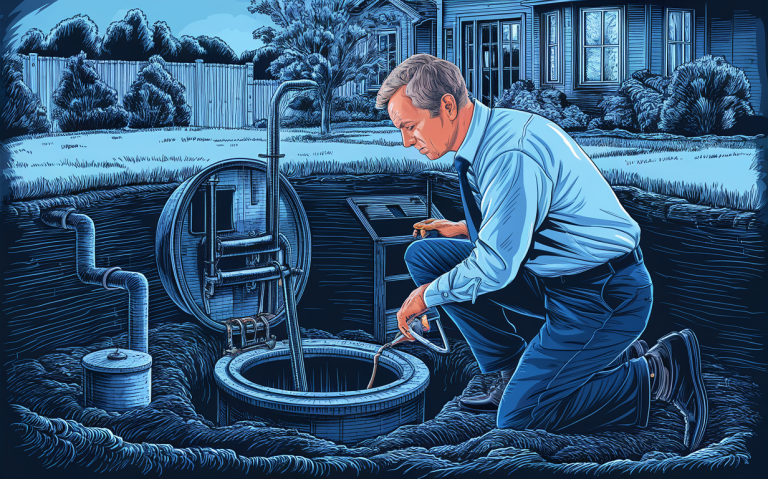

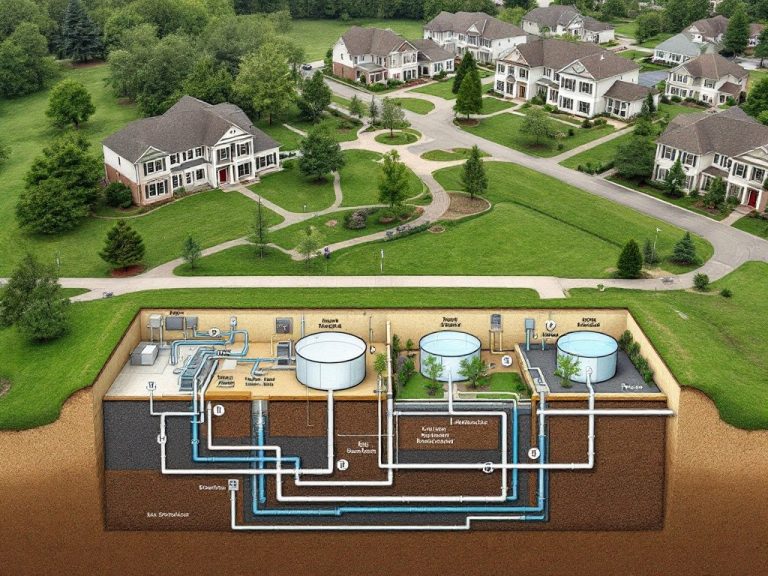
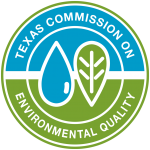 Texway Wastewater Services is a septic, wastewater, and excavation company based out of Burleson, Texas and serving the surrounding areas. We specialize in
Texway Wastewater Services is a septic, wastewater, and excavation company based out of Burleson, Texas and serving the surrounding areas. We specialize in